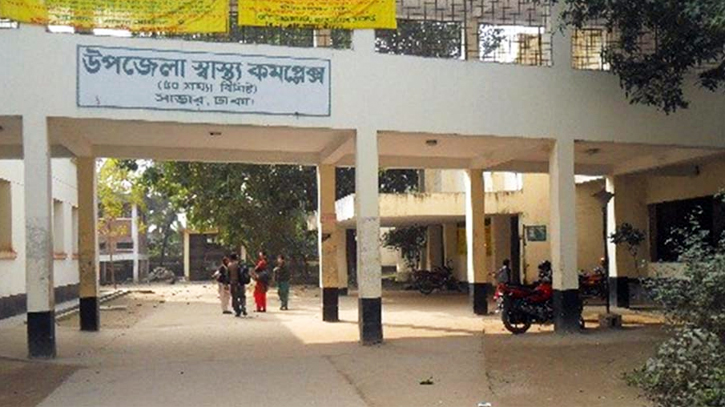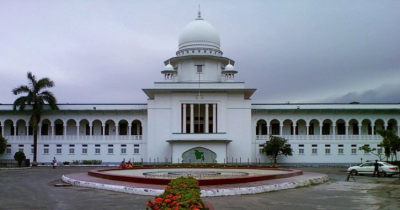
Photo: Collected
Hundreds of private hospitals, clinics, and diagnostic centers are operating without proper waste management or environmental clearance in Savar, Dhaka. According to the Department of Environment, only 10 out of 115 private hospitals and clinics in Savar have the necessary environmental permits. Additionally, the health department reports that eight hospitals and clinics are functioning without its approval.
Historically, environmental clearance has not been a mandatory requirement for obtaining a license from the Department of Health. Many institutions have been granted licenses simply by submitting a copy of the application for environmental clearance. However, a significant policy change occurred during a meeting of the Department of Health on March 16 last year. It was decided that no hospital, clinic, or diagnostic center would be licensed or have their licenses renewed without obtaining the proper environmental clearance.
Meanwhile, analysts have welcomed the initiative to make environmental clearance mandatory. Professor Mashura Shammi of the Environmental Science Department at Jahangirnagar University emphasised the importance of this move. She highlighted that environmental clearance involves several critical issues often neglected in the country. Hospitals generate vast amounts of waste daily, yet the environmental impact of this waste is largely overlooked.
Professor Shammi noted that only a small portion of the waste produced by hospitals and clinics undergoes proper treatment. The majority of the waste is disposed of untreated, posing significant risks to the environment. This lack of adequate waste management underscores the urgency of enforcing environmental clearance to mitigate these hazards.
Sayemul Huda, Savar Upazila Health and Family Planning Officer, explained, "Previously, we scrutinised and recommended granting licenses if institutions submitted copies of applications for environmental clearance along with other necessary documents. However, from now on, updated environmental clearance will be mandatory."
Zahirul Islam Talukder, Deputy Director of the Dhaka District Environment Department, added, "We issue environmental clearance only if hospitals and clinics fully comply with the mandatory requirements. In the past, hospitals and clinics would apply to us and obtain Health Department approval by submitting a copy of the application. Now, we ensure that the required vetting is completed before licensing hospitals and clinics."
Meanwhile, the new initiative by the Department of Health to require updated environmental clearance for hospitals and diagnostic centers at the upazila level is expected to create significant challenges in obtaining and renewing licenses. Owners of private healthcare institutions fear that this requirement will make it difficult, if not impossible, for many hospitals to secure their licenses.
Wakilur Rahman, vice-president of Savar's Private Hospital Owners Association and owner of Savar's Lab Zone Hospital and Diagnostic Center, commented on the situation: "Among the various licenses and approvals required to obtain a license from the Department of Health, the most challenging one is obtaining environmental clearance. Previously, we could secure the license by submitting a copy of the application for environmental clearance. Now, an updated clearance is mandatory, which complicates the process significantly."
He added, "I think since it has been made mandatory, it would be beneficial for us if the Environment Department simplifies the process for hospitals to obtain clearance. Otherwise, securing a license will become uncertain for many institutions, which could lead to disruptions in healthcare services."
Messenger/Fameema








